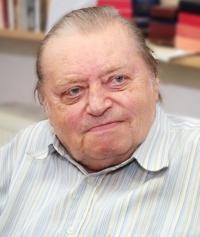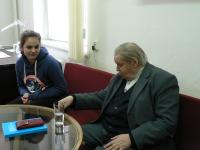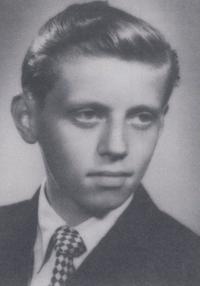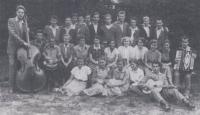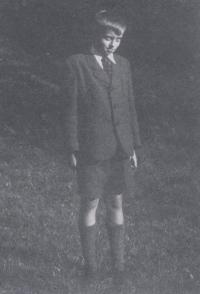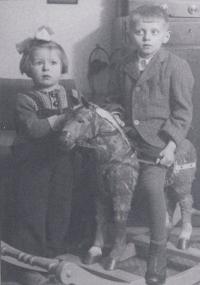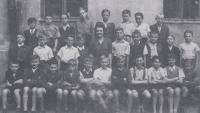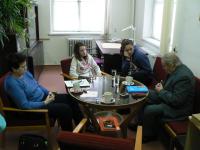It’s an awfully unpleasant sensation when you feel that you’re being oppressed
Miloš Trapl was born on 15 January 1935 in Hustopeče in southern Moravia. His father was a historian who took a special interest in first Czechoslovak President T. G. Masaryk, which got him into trouble both during the Nazi Protectorate and after the Communist coup in 1948. The witness followed in the footsteps of his father and also earned a degree in history. He joined the Communist Party at the university in Olomouc in the 1960s to be able to continue working in his field. In 1980 he gave a speech at the faculty in which he described the “Victory February” of 1948 a bit differently than the ruling ideology allowed for. He was rewarded by interrogations and a ban on lecturing. He was not allowed to speak out in front of students until after the Velvet Revolution in 1989. He is still active at the university as a professor emeritus. In 1993 he established the Centre for Czechoslovak Exile Studies, and he remains the director of that institute to this day (2016).

